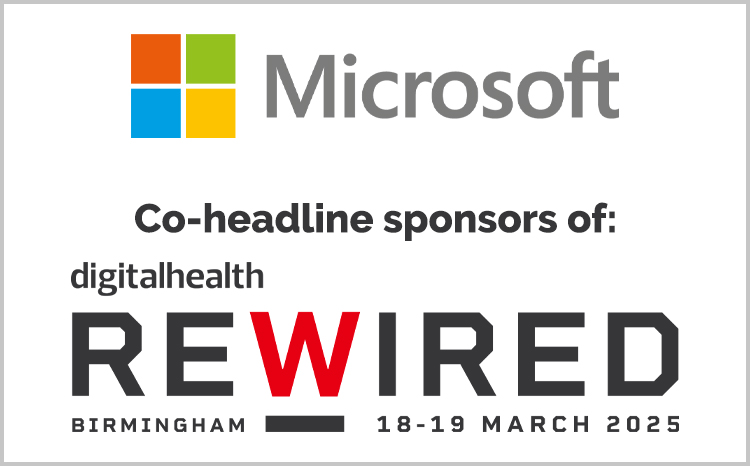Switching on Lightbulb
- 21 March 2002
Early birds who rose in time for an HC 2002 breakfast meeting were rewarded with an account of the preparatory work underway on IT for cancer services in Birmingham with Lightbulb, the IT vendors’ group working to produce joined-up healthcare using web-based services.
Colin Innes, director of IM&T for Birmingham health authority, told E-Health Insider, “There’s a lot of planning going on. For Birmingham it’s a very major thing. We’re currently looking at four acute hospitals and up to 70 GP practices.”
The meeting focused heavily on the potential benefits of web-based services which enable information to be focused on the individual patient rather than the institution in which he or she is being treated, making up-to-date records available rapidly to authorised people, wherever the patient happens to be.
Questioned about why a complex area like cancer care had been selected, Mr Innes agreed the proposed project – on breast and colo-rectal cancers – was ambitious, but said that the local cancer network was on board for it.
He said the complex treatment of cancer was exactly the environment that the health service was trying to deal with. If a simpler type of patient journey had been chosen, no one would know by the end of the project whether the system would work for cancer.
Early work is going on to map the processes involved in treating breast and colo-rectal cancer patients and to nail down the potential benefits of investing in the type of joined-up services proposed by Lightbulb.
”You are not going to get benefits out of putting IT in, you are going to get benefits out of re-engineering,” said Mr Innes.
Mr Innes identified one obvious benefit when he revealed that a hospital in Birmingham was buying special trolleys for paper records because of back injuries caused to staff lifting the weighty conventional patient files.
Lightbulb members are BT Health, Cisco Systems, CSW Health, Microsoft. Newchurch, Schlumberger Sema and UltraGenda. Introducing the session, Ellen Pirie of Microsoft explained there had been a freeze on membership of the group for practical reasons, but she added, “We believe many companies can take part in this and many customers can benefit.”
The group is promoting its belief that the NHS should adopt an e-GIF compliant web services architecture. A framework based on this principle will, say the group, deliver ubiquitous and secure access for patient records across the NHS and open up the way to innovative solutions for patient records and services.
And for those who have been wondering why the group called itself Lightbulb, Ms Pirie revealed that the name was acquired when the group found itself in a venue called the Edison Room. Someone suggested that Thomas Edison’s famous invention might be a good name for the new collaboration – and it stuck.




